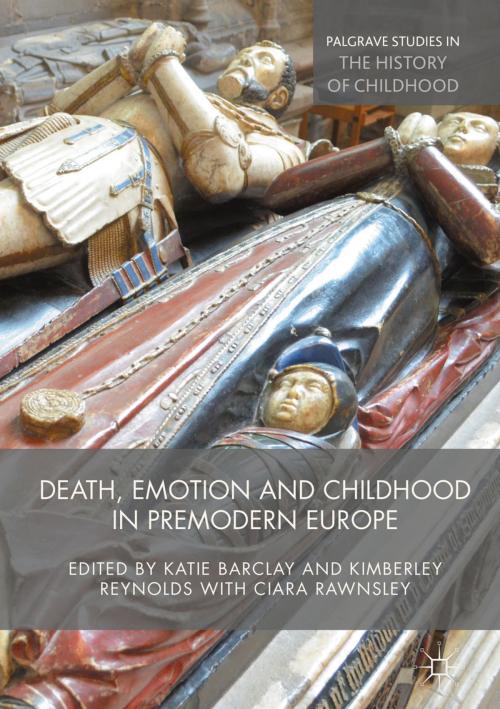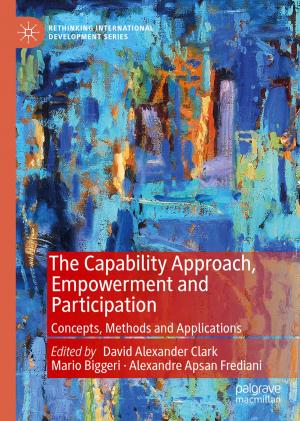Death, Emotion and Childhood in Premodern Europe
Nonfiction, Health & Well Being, Psychology, Emotions, History, British| Author: | ISBN: | 9781137571991 | |
| Publisher: | Palgrave Macmillan UK | Publication: | February 6, 2017 |
| Imprint: | Palgrave Macmillan | Language: | English |
| Author: | |
| ISBN: | 9781137571991 |
| Publisher: | Palgrave Macmillan UK |
| Publication: | February 6, 2017 |
| Imprint: | Palgrave Macmillan |
| Language: | English |
This book draws on original material and approaches from the developing fields of the history of emotions and childhood studies and brings together scholars from history, literature and cultural studies, to reappraise how the early modern world reacted to the deaths of children. Child death was the great equaliser of the early modern period, affecting people of all ages and conditions. It is well recognised that the deaths of children struck at the heart of early modern families, yet less known is the variety of ways that not only parents, but siblings, communities and even nations, responded to childhood death. The contributors to this volume ask what emotional responses to child death tell us about childhood and the place of children in society. Placing children and their voices at the heart of this investigation, they track how emotional norms, values, and practices shifted across the fifteenth to nineteenth centuries through different religious, legal and national traditions. This collection demonstrates that child death was not just a family matter, but integral to how communities and societies defined themselves.
Chapter 5 of this book is available open access under a CC BY 4.0 license at link.springer.com.
This book draws on original material and approaches from the developing fields of the history of emotions and childhood studies and brings together scholars from history, literature and cultural studies, to reappraise how the early modern world reacted to the deaths of children. Child death was the great equaliser of the early modern period, affecting people of all ages and conditions. It is well recognised that the deaths of children struck at the heart of early modern families, yet less known is the variety of ways that not only parents, but siblings, communities and even nations, responded to childhood death. The contributors to this volume ask what emotional responses to child death tell us about childhood and the place of children in society. Placing children and their voices at the heart of this investigation, they track how emotional norms, values, and practices shifted across the fifteenth to nineteenth centuries through different religious, legal and national traditions. This collection demonstrates that child death was not just a family matter, but integral to how communities and societies defined themselves.
Chapter 5 of this book is available open access under a CC BY 4.0 license at link.springer.com.















